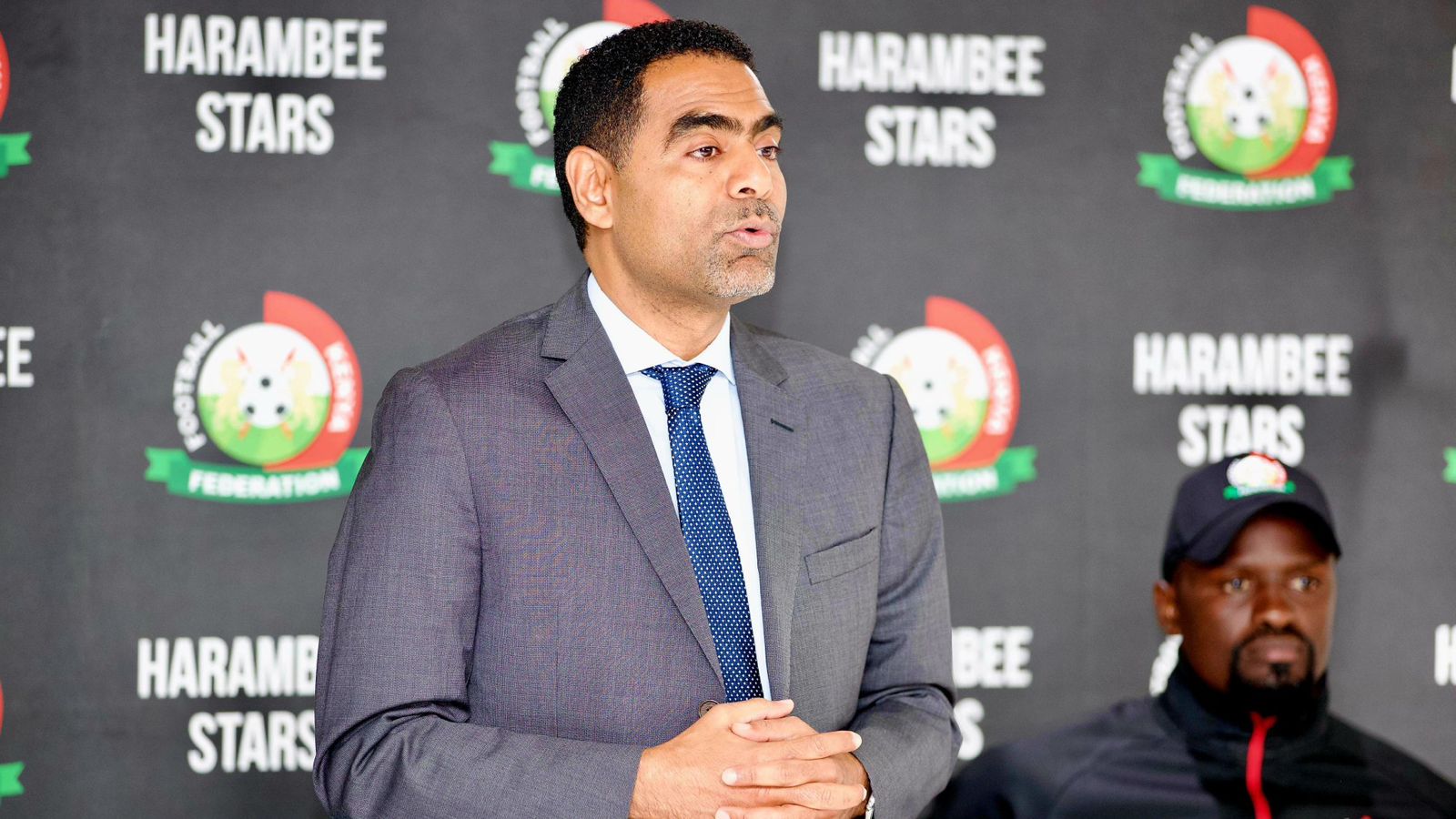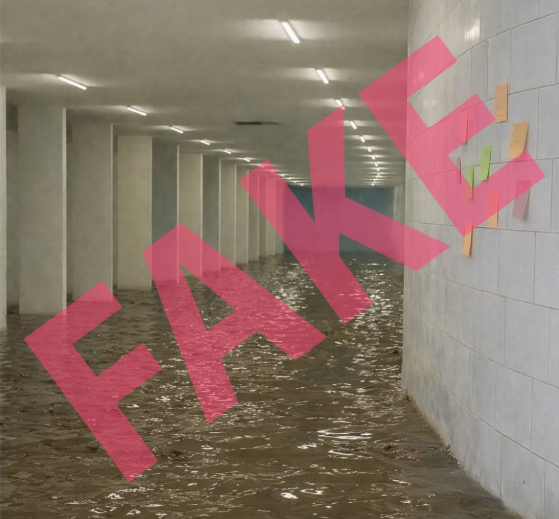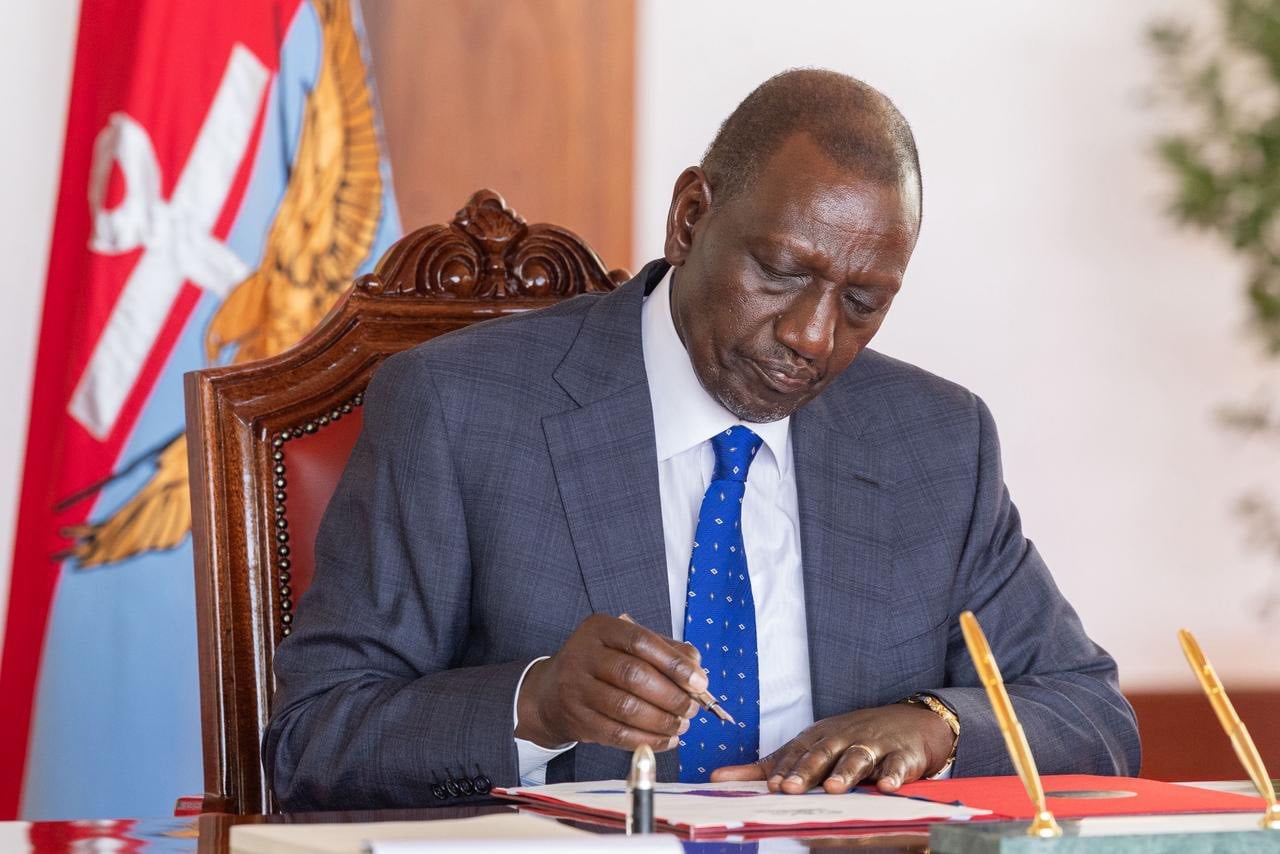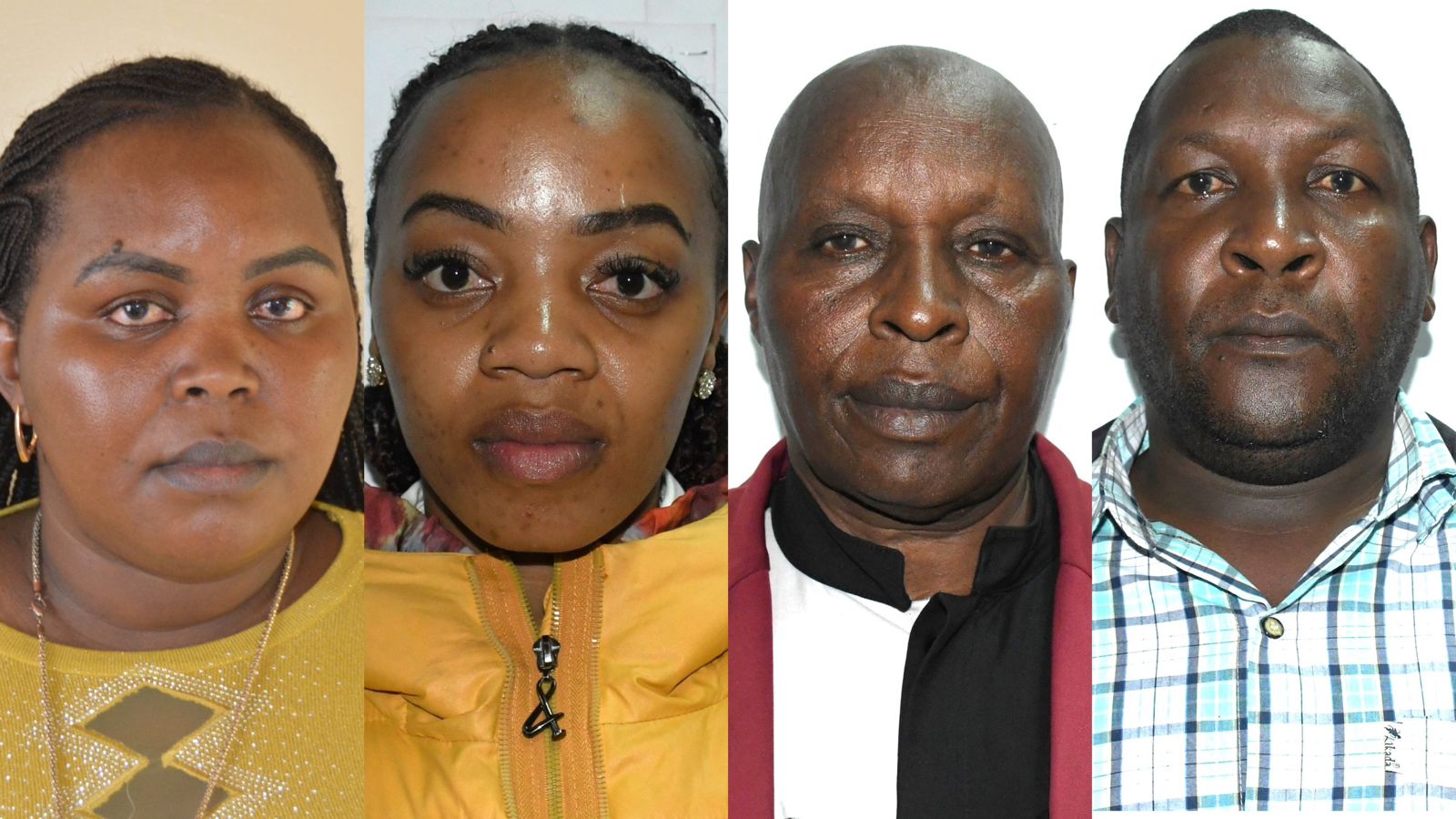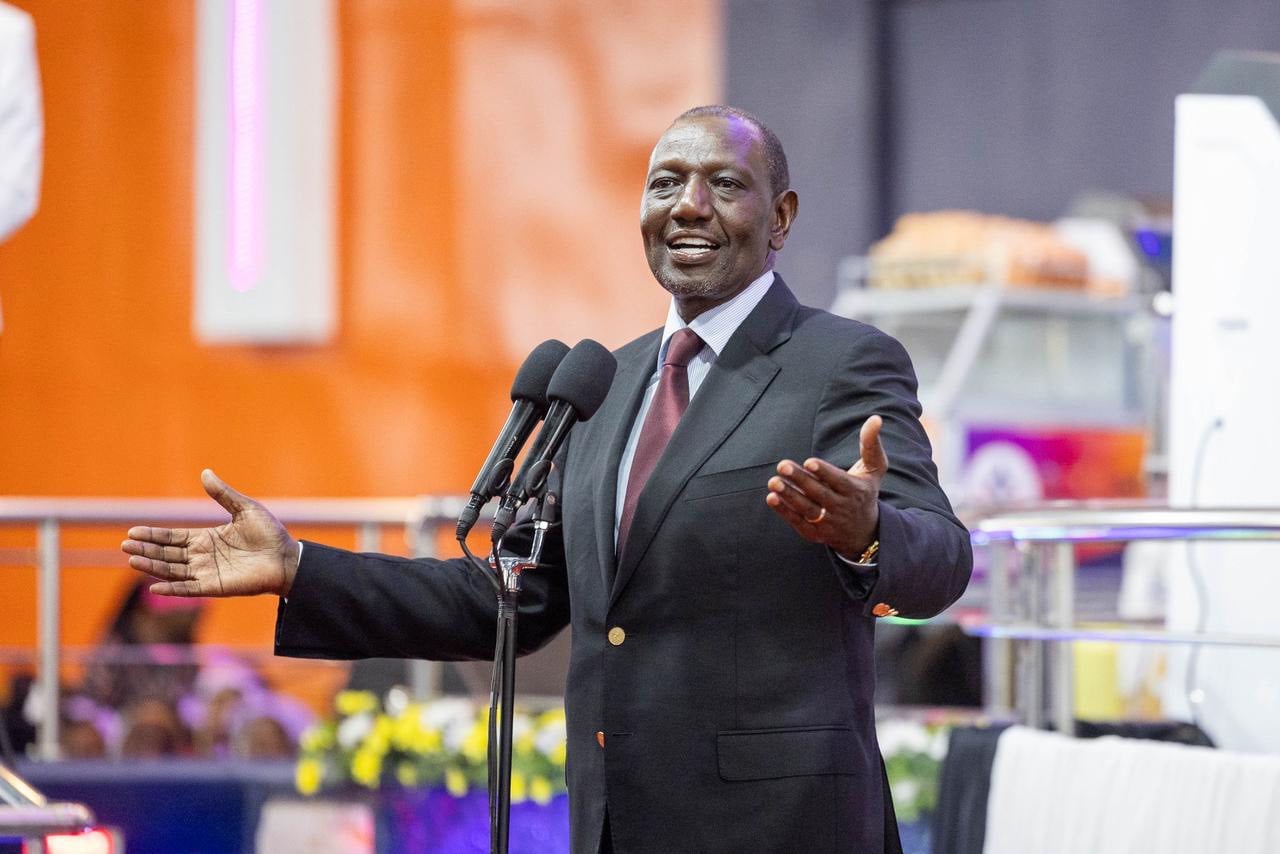The 21st edition of the Conference of Commonwealth Education Ministers (CCEM) kicked off in Nairobi on Wednesday, April 27, 2022.
The conference opened with a call from ministers for urgent strategic actions, innovative solutions, and renewed commitments to rebuilding better, resilient, and inclusive education systems that can withstand future crises.
Hosted by the Government of Kenya in collaboration with the Commonwealth Secretariat and Kenya’s Ministry of Education, the two-day conference will focus on the theme, ‘Rethinking Education for Innovation, Growth and Sustainability post-Covid-19’.
The conference will offer ministers, policymakers, civil society, and development partners the opportunity to engage with one another, share knowledge and good practice, and explore trends and innovative approaches that can be adapted by member countries to develop sustainable and resilient education systems.
The conference kicked off with a minute’s silence in honour of the late Kenyan President, H.E. Mwai Kibaki, who was a champion of education reform in Kenya during his tenure and will be remembered most notably for introducing free primary school education – a policy that has benefitted millions of children across Kenya.
Opening the forum, the outgoing Chairman, the Fijian Minister of Education, Heritage and Arts, Hon, Premila Kuma, said, “It has been a great honour to chair the Education Ministers Action Group over the last four years and to work with member states and the Secretariat to deliver on the policy recommendations made in that meeting (20CCEM) despite COVID-19”, before officially handing over the Chairmanship to Kenya.
Incoming Chair, Hon. Prof. George Magoha, Kenya’s Minister of Education, said:
“The shock brought about by the COVID-19 pandemic and other disasters have highlighted challenges that call for a rethink of learning and education, learning spaces and processes such as engagement of parents and communities, access to quality learning of children and young people in from the most disadvantaged households, remote learning with connectivity and internet coverage, safeguarding concerns, especially for out-of-school children and adolescents, as well as increased workload and stress for teachers and school leaders.
-1747120598-1755667473.jpg)
